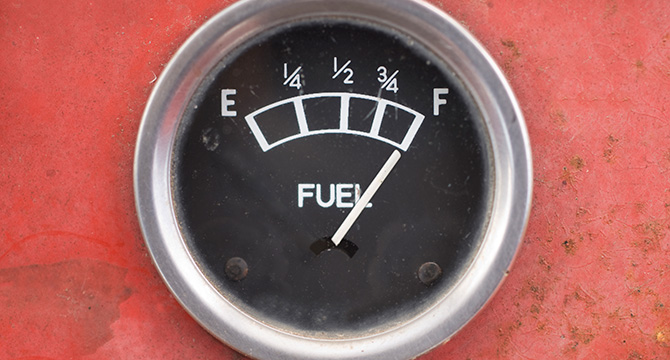State Attorneys General Warn the EPA of Legal Action Should Obama-Era Fuel Economy Standards Get Rolled Back

Even as the Trump administration is calling into question whether it will remain committed to Obama-era fuel economy and emissions targets, state governments are stepping up to enforce those same targets.
When President Trump announced his intent to loosen fuel economy regulations, the California Air Resources Board voted to stick with the tougher standards—and, under a longstanding waiver, California may be permitted to enforce those standards, even if federal regulations are less stringent. (California’s waiver was challenged in 2007 by the Bush administration; but President Obama reversed that stance after taking office.)
Twelve other states and the District of Columbia have now announced that they will take legal action should the EPA follow through with action to undo the Obama-era standards for the 2022-25 model years. In a letter authored by the New York Attorney General, the states disagreed with EPA administrator Scott Pruitt’s contention that the EPA review resulting in the finalization of the 2022-25 standards was flawed. The states argued that the standards were not just feasible, but are feasible given now-existing technology, and that the standards were important to reducing greenhouse gas emissions.
The move comes at an interesting time for state actions against the Trump administration, and for environmental regulation generally. President Trump has recently taken the highly visible step of withdrawing from the Paris climate accord, a voluntary international agreement seeking to reduce greenhouse gas emissions. Many mayors and governors (including several governors for states joining in the letter to Scott Pruitt) responded to that withdrawal by indicating their support for the goals of the agreement. Meanwhile, states such as Washington (which joined the letter to the EPA) and Minnesota have achieved high-profile legal victories challenging steps taken by the Trump administration on immigration, and Maryland and the District of Columbia (both signatories to the letter to the EPA) have filed their own litigation directly against the president based on claimed violations of the Constitution. Given the tension between these states and the federal government (tension that Scott Pruitt himself was recently on the other side of), there is little reason to think that these governors and attorneys general are bluffing when it comes to taking legal action should the EPA reverse course on fuel economy and emissions standards.
No matter which side of the debate over these standards industry players fall on, the future of these standards is uncertain at best. As lead times for development of new products and new technologies begin to encroach, it may turn out that the courts will be the ones deciding what standards manufacturers need to follow in five short years.